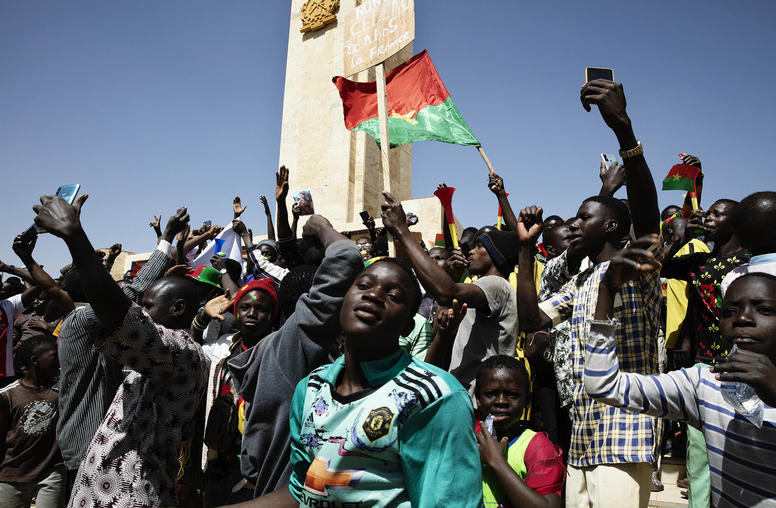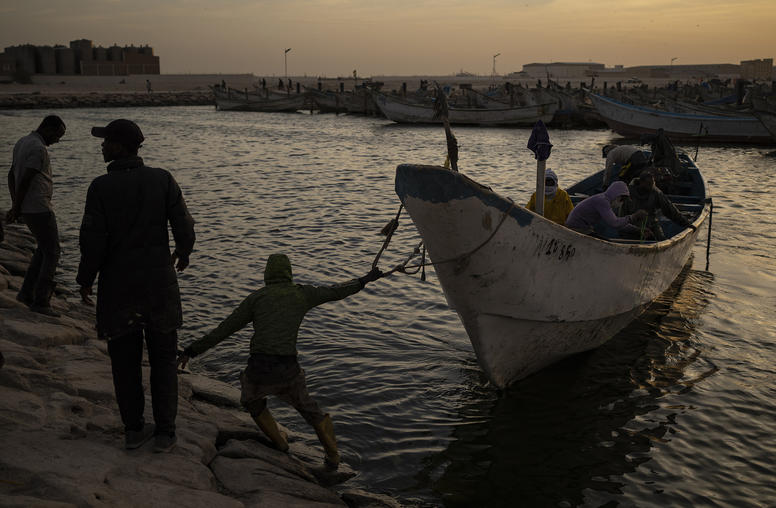Peace, Security and Prosperity in the Sahel
Assessing Opportunities for American Engagement
The western Sahel region — which spans Mali, Niger, Burkina Faso, Chad and Mauritania — has been wracked by instability over the last decade, with a wave of recent coups and protracted political transitions only compounding this regional crisis. Right now, the United States has a unique opportunity to strengthen its engagement in the region to mitigate the further spread of violence and insecurity. Through an independent approach that emphasizes proactive diplomacy, responsive development and efforts to spur economic growth, the United States can play a key role in advancing peace and development to benefit the citizens of the Sahel.
Please note: This event was livestreamed in both English and French.
English
French
On February 21, USIP hosted a discussion featuring perspectives from regional experts and former government officials on practical options to respond to a rapidly shifting political landscape in the western Sahel. The conversation followed the publication of the final report of the USIP Bipartisan Sahel Senior Study Group and explored opportunities for mitigating conflict and advancing durable peace in the region.
Continue the conversation on social media using the hashtag #SahelPeace.
Speakers
Joseph Sany, welcoming remarks
Vice President, Africa Center, U.S. Institute of Peace
General Francis Béhanzin
Former Commissioner for Political Affairs, Peace and Security, Economic Community of West African States
Honorable Tiéman Hubert Coulibaly
Former Minister of Foreign Affairs, Mali
Ambassador Bisa Williams
Former U.S. Ambassador to Niger; Sahel Senior Study Group Member
Ambassador Kamissa Camara, moderator
Senior Advisor, Africa, U.S. Institute of Peace; Chair, Senior Study Group for the Sahel



